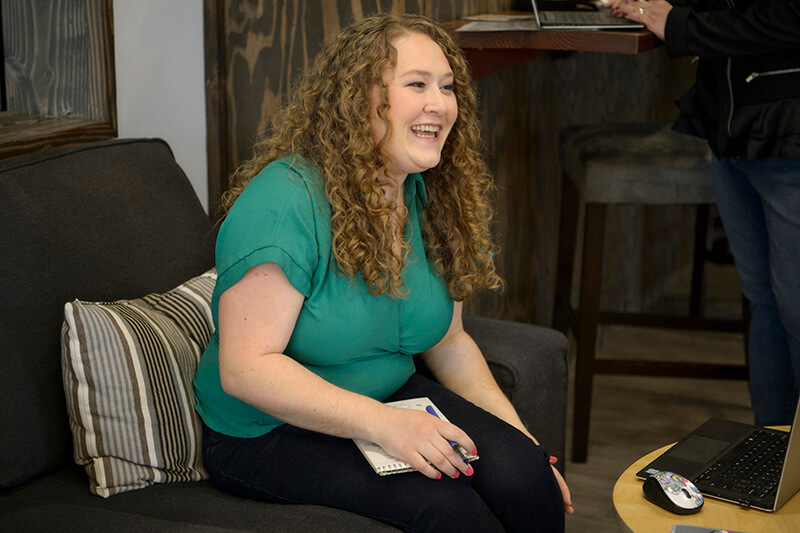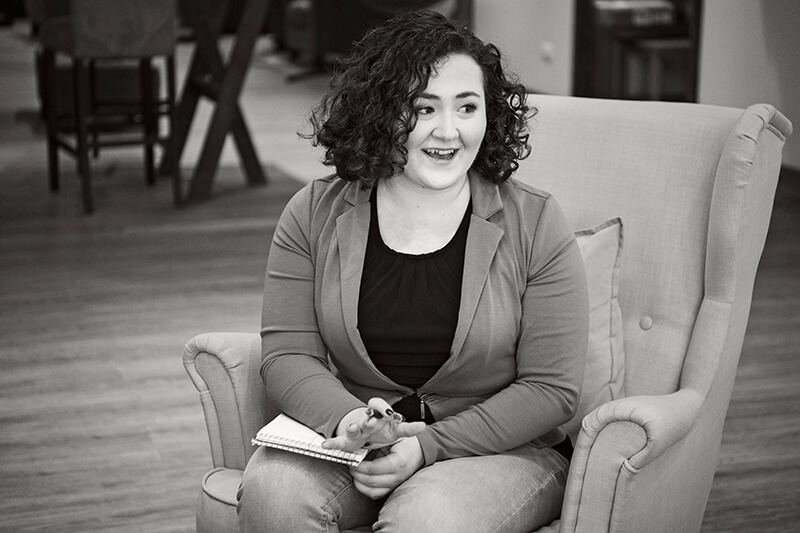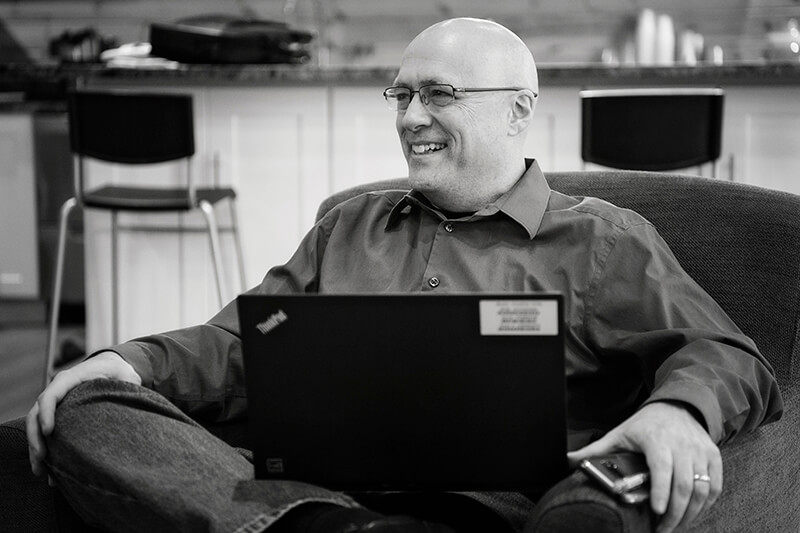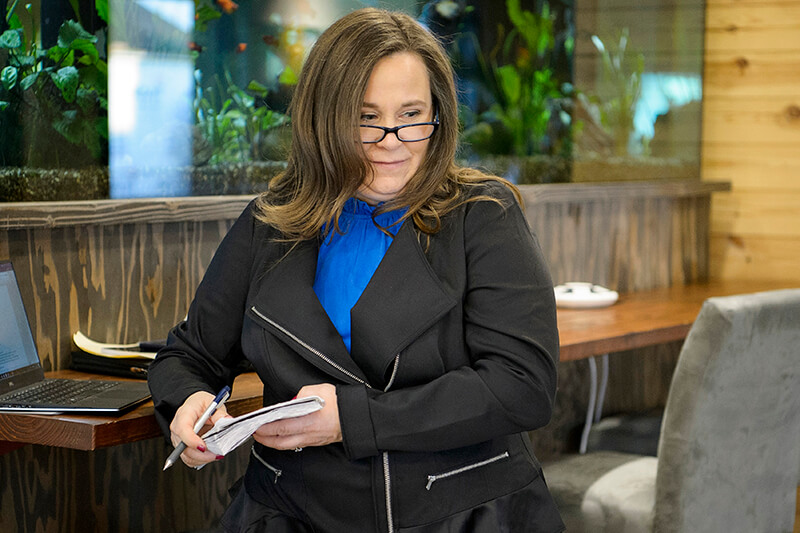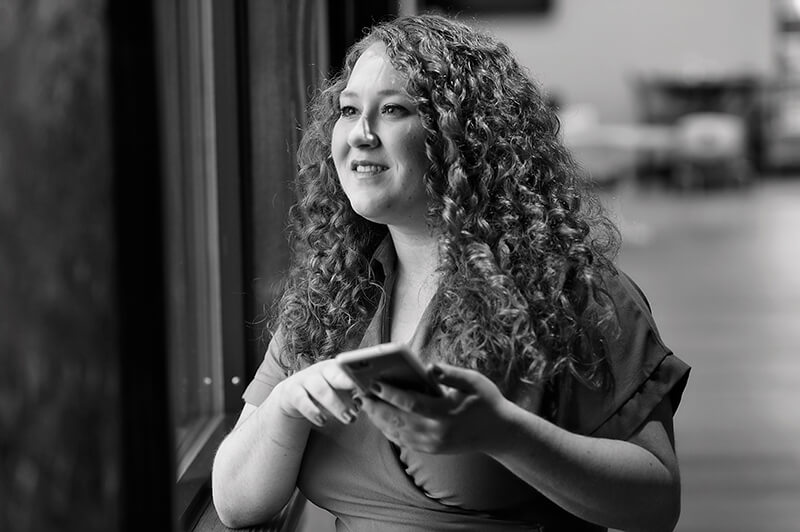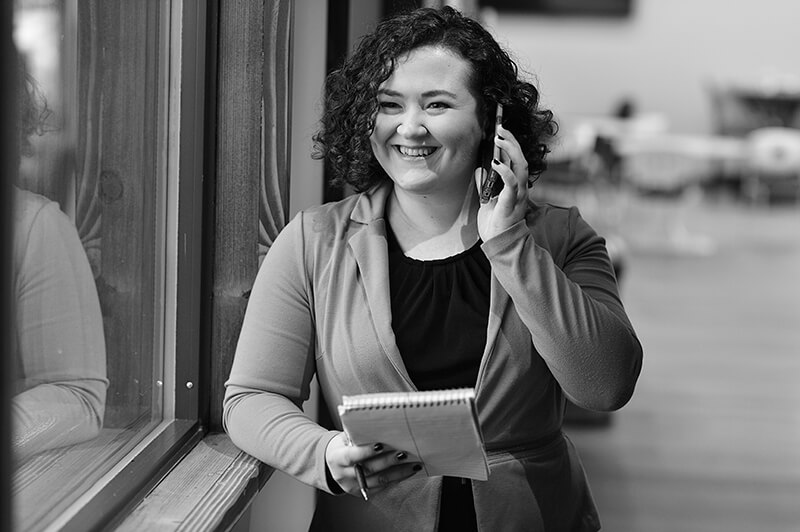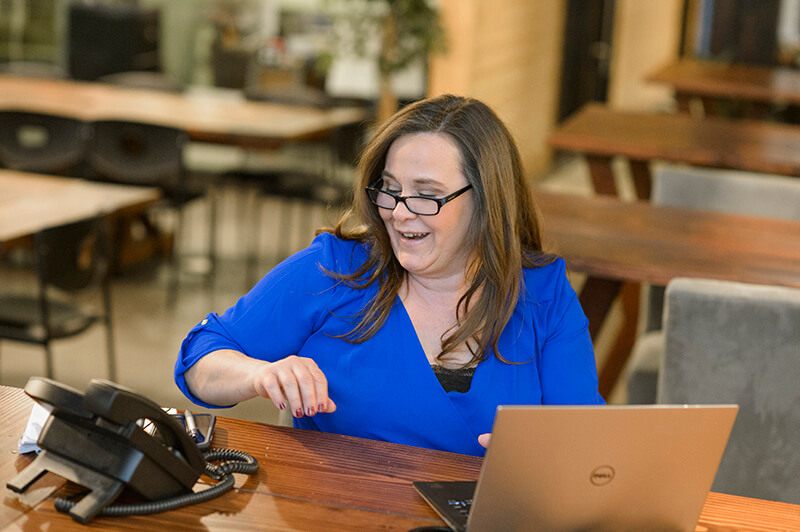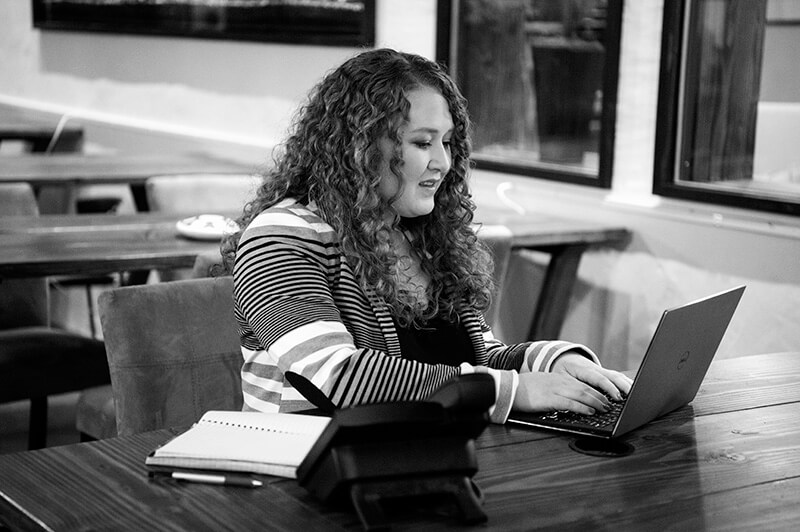Frequently Asked Questions
How much funding can I get?
Our providers can offer funding from $5,000 to $50,000,000. Your credit line or loan amount will be determined based on a review of your business, personal FICO score, as well as other factors.
Can you provide unsecured financing?
We have a range of lending options, including unsecured financing. After a review of your business credit, personal FICO score, as well as other factors we will be able to assess what you are eligible for.
What information do you need from me to determine my lending ability?
- General information about you and your business, such as address and Tax ID
- Information about the business owners applying, including your social security number
- Your 6 most recent months of bank statements
What are the benefits of using FUF?
- Flexibility: find the lending that works best for you, only when you need it, and pay only for what you use
- Personal Service: we are a US based team ready to answer any question or help with any issue
How is FUF different from other funding providers?
Unlike other funding providers, we cater to all businesses, large, small and medium-sized businesses, which often find it difficult to get traditional financing. Many online funding providers are heavily automated, so you never get to speak to a real person. FUF has human touch, and we work directly with our customers to get the right-sized funding for their unique needs.
Will filling out a prequalification request affect my credit score?
No. The prequalification request is based on a “soft pull” which is only viewable to us, so it does not negatively impact your credit score. Before you receive funding, FUF will make you aware when a “hard pull” will be needed. Your credit profile will affect your credit score at that point. The effect of a hard pull can vary by person (credit scores are measured in hundreds of points, generally between 300 and 850).
What does it mean when a funding provider asks for collateral?
It’s something that is pledged as security for a contractual obligation that can be taken in the event of default.
What is a personal Guaranty?
A personal guaranty is a contractual promise from the owner of the business saying he or she is liable for the obligation if the business has trouble paying it back.
I think someone who wasn’t me submitted a request to my finance provider using my name and information. What should I do?
You will want to contact your provider right away. We also recommend that you contact a credit bureau like Experian to add a fraud alert message to your credit report.
Why does the bank reject my requests?
Why would you get denied bank lending?
The most likely reason to be denied an account is that you may have an outstanding debt with a bank – often due to unpaid bank fees. If you owe a bank money, you’ll need to either negotiate with the bank you owe to pay off the debt or dispute the report as inaccurate.
Other reasons you may be denied lending is your credit report may not meet their requirements
Your company may not have enough credit history for them.
Investment and rental property mortgage rates: How much more will you pay? What are the rates for investment property lending?
Mortgage interest rates will always be higher on investment properties than on your personal property.
How much higher? This varies on a few different factors. It will depend on the type of investment property you purchase, how well the property can support the mortgage payment and for some lenders credit-worthiness may be considered, along with how much your down payment is.
What affects my investment property interest rate?
For some properties the Fannie Mae and Freddie Mac guidelines will be reviewed, but there are other factors that will also be considered.
- Some providers will review your credit score
- The debt-to-income ratio of the property
- Your cash reserves
- The Loan-to-value (LTV) ratio on the investment property (will it cover the mortgage & other bills?)
For some lenders, your personal finances will be put under even stricter scrutiny when you buy an investment or rental property than when you buy a home, but there are providers that only look at the property being purchased. This could affect the interest rates.
Can you get a 30-year loan on an investment property?
Yes, you can get a 30-year loan on an investment property. 30-year mortgages are a common way to finance rentals, but there are terms of 10, 15, 20, or 25 years are also available.
The best loan term for your investment property will depend on your interest rate and monthly budget. A higher interest rate or shorter loan term will mean higher monthly payments. A 30-year loan on your investment property will generally mean lower monthly payments, but more interest paid over the life of the loan.
Can I get a mortgage for investment property?
Whether or not you can qualify for a mortgage on an investment property depends on your financial portfolio. You’ll need a credit score of at least 640 — though you probably want your score above 700 to qualify for a lower interest rate. You’ll also need a down payment of at least 15-20% and significant cash reserves.
Can I get a fixed rate on an investment property?
You can get fixed rates for your investment properties, but you do need to make sure before your go forward with your loan.
How much of a down payment will I need for an investment property?
The minimum down payment for an investment property ranges from 15% to 35% depending on the provider
What types of SBA loans are there?
There are 6 types of SBA loans and we have preferred providers available to us.
- SBA 7(a) – this is the most popular working capital loans with amounts up to $5 million
- SBA /504 – this loan is for a business that is buying their own property to occupy
- SBA CAPLines – this loan is for companies that need a revolving line of credit, this can be continuously reused as needed
- SBA Export Loans – this loan is for businesses that need to finance the products that they export
- SBA Microloans – this loan is for small loan balances up to $50,000
- SBA Disaster Loans – this loan is for businesses that have be involved in an area that has been declared a natural disaster
Who qualifies for SBA loans?
Some providers will want to see at least 2 years of time in business. They like to see that you have at least a 650 FICO credit score. Don’t let that discourage you! Let’s review everything you’ve done and we may be able to take your experience into consideration.
How can I use an SBA loan?
These loans can be used for many different things including working capital or the purchase of inventory, supplies, furniture, fixtures, machinery or equipment.
Are SBA loans hard to get?
The reality is that qualifying for an SBA loan does not need to be hard, but they do have some requirements that you will need to meet. We can help you through the process. There are some additional documents that will need to be included.
How many years are SBA loans?
The years of an SBA loan can vary depending on which type of loan you take.
There is a maturity up to 25 years for programs that include real estate, an acquisition or construction. Most of the other SBA loan programs are limited to 10 years. Working capital loans are generally limited to 7 years.
How much down payment is required for an SBA loan?
An SBA 7(a) loan requires a 10% to 20% down payment, and some collateral. This type of loan doesn’t always need to be fully collateralized, and loans under $25,000 don’t require any collateral.
How long is a typical commercial real estate loan?
The terms of commercial loans vary. They can range from five years (or less) up to 30 years, and the amortization period can sometimes be longer than the term of the loan.
How much do I need to put down on a commercial property?
The minimum down payment amount for a traditional commercial property is usually 20 to 30 percent of the real estate’s cost. If you want to take on a Small Business Administration, (SBA) loan the down payment could be as low as 10 percent of the property’s price.
Is it possible to get a 30 year commercial loan?
Yes, there are some lenders that can offer 30 year term loans.


